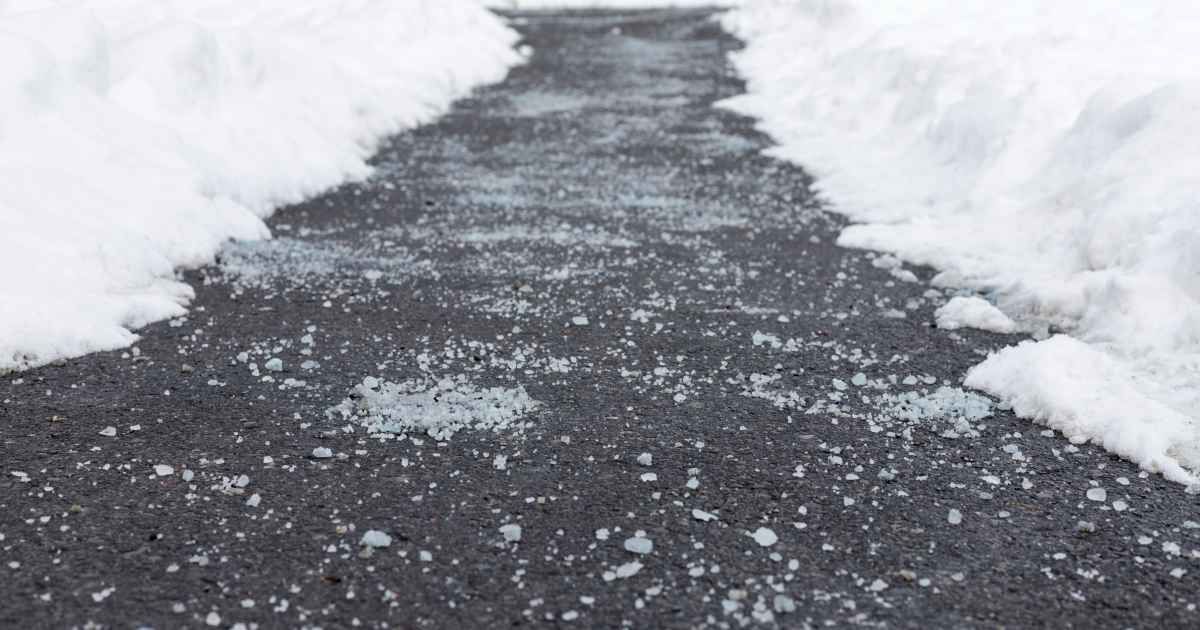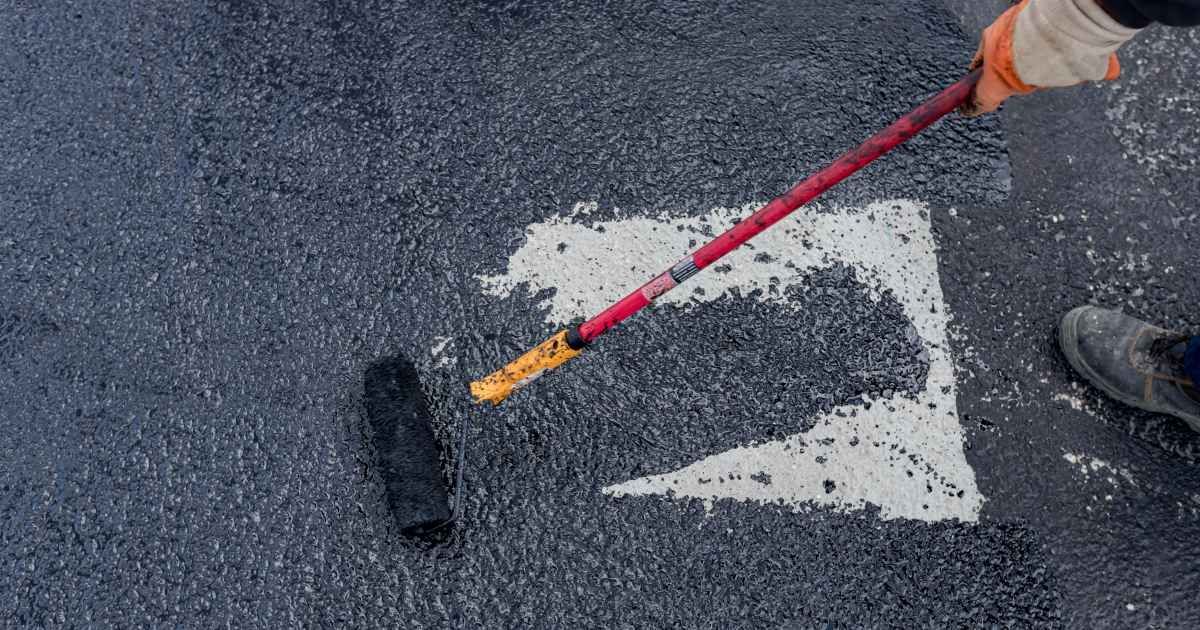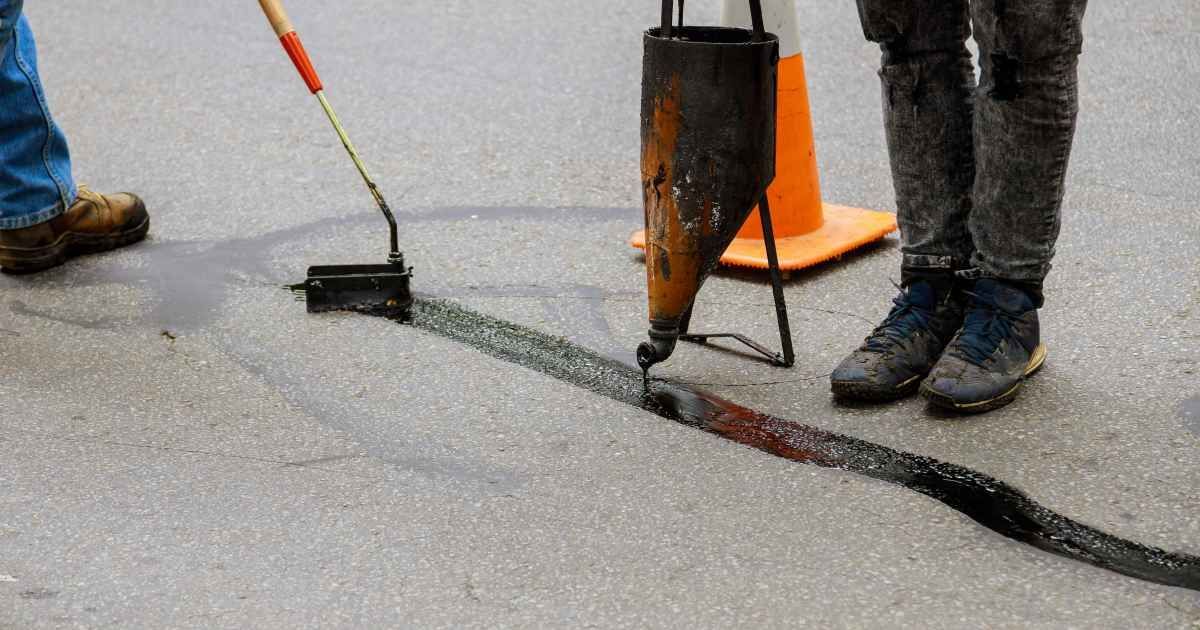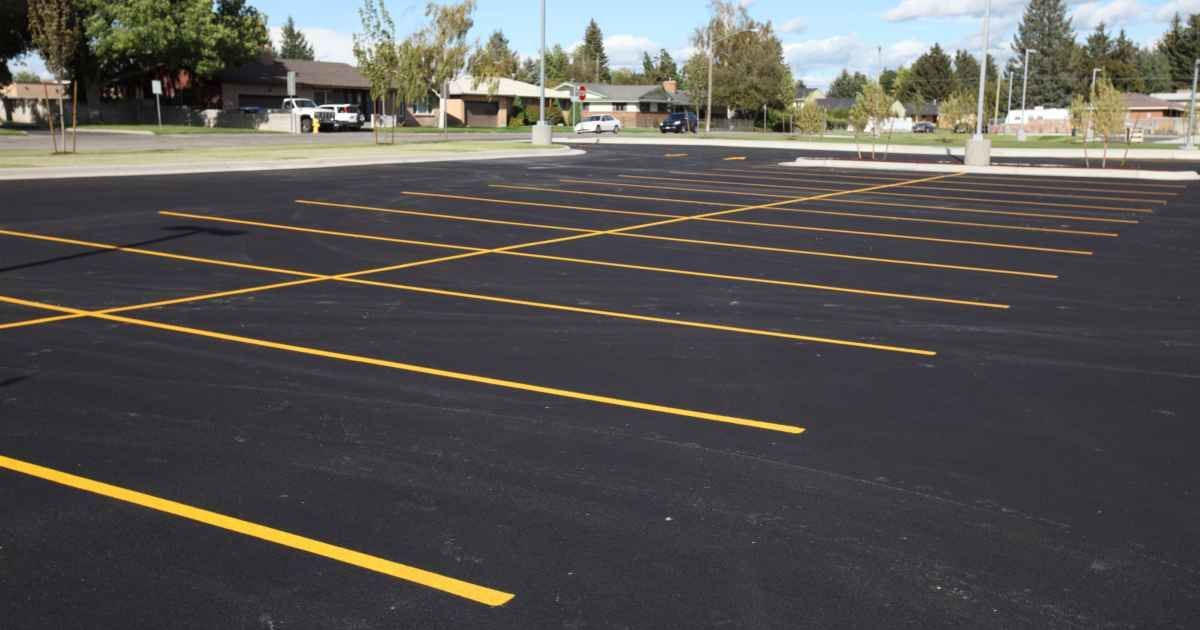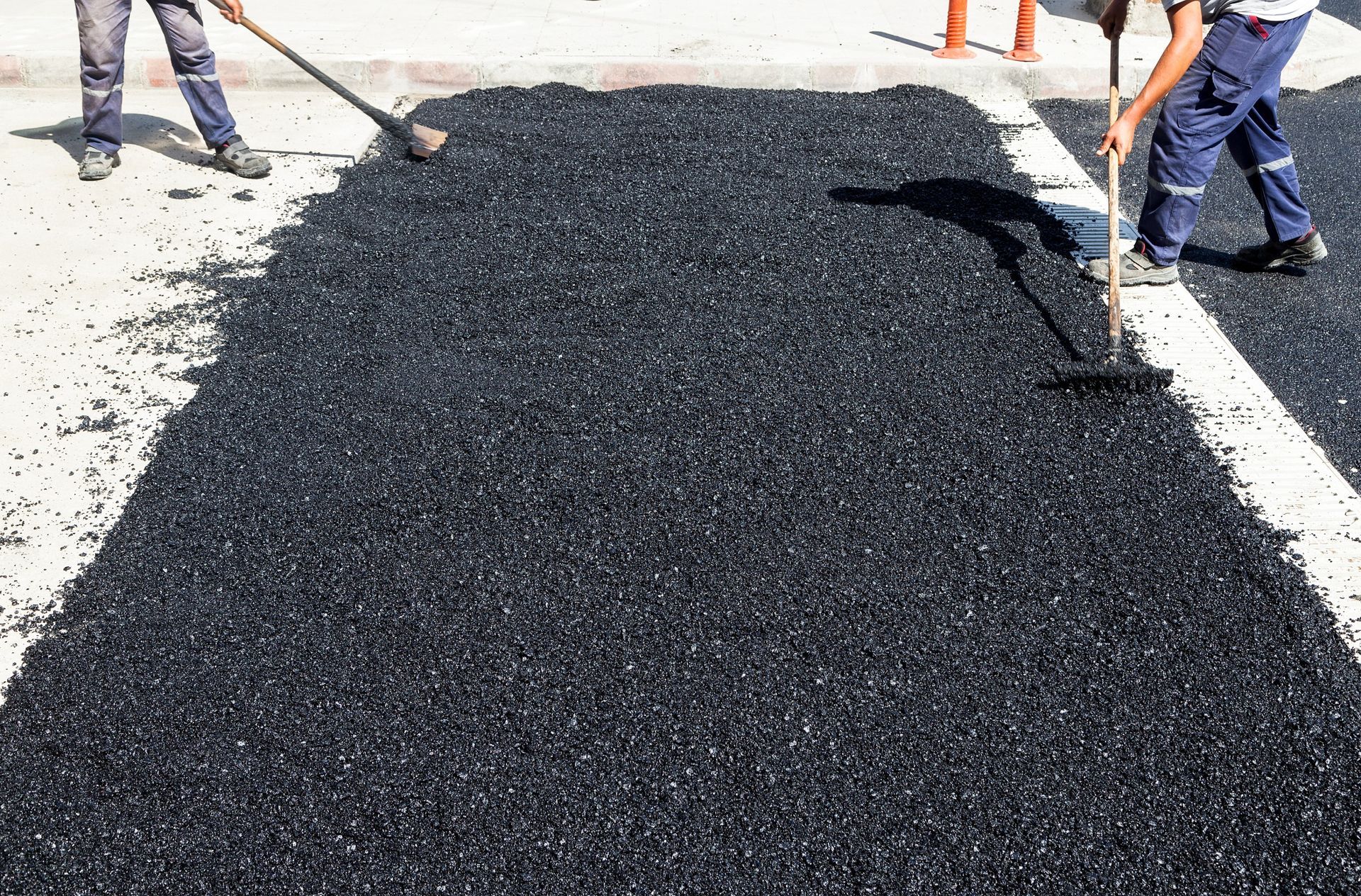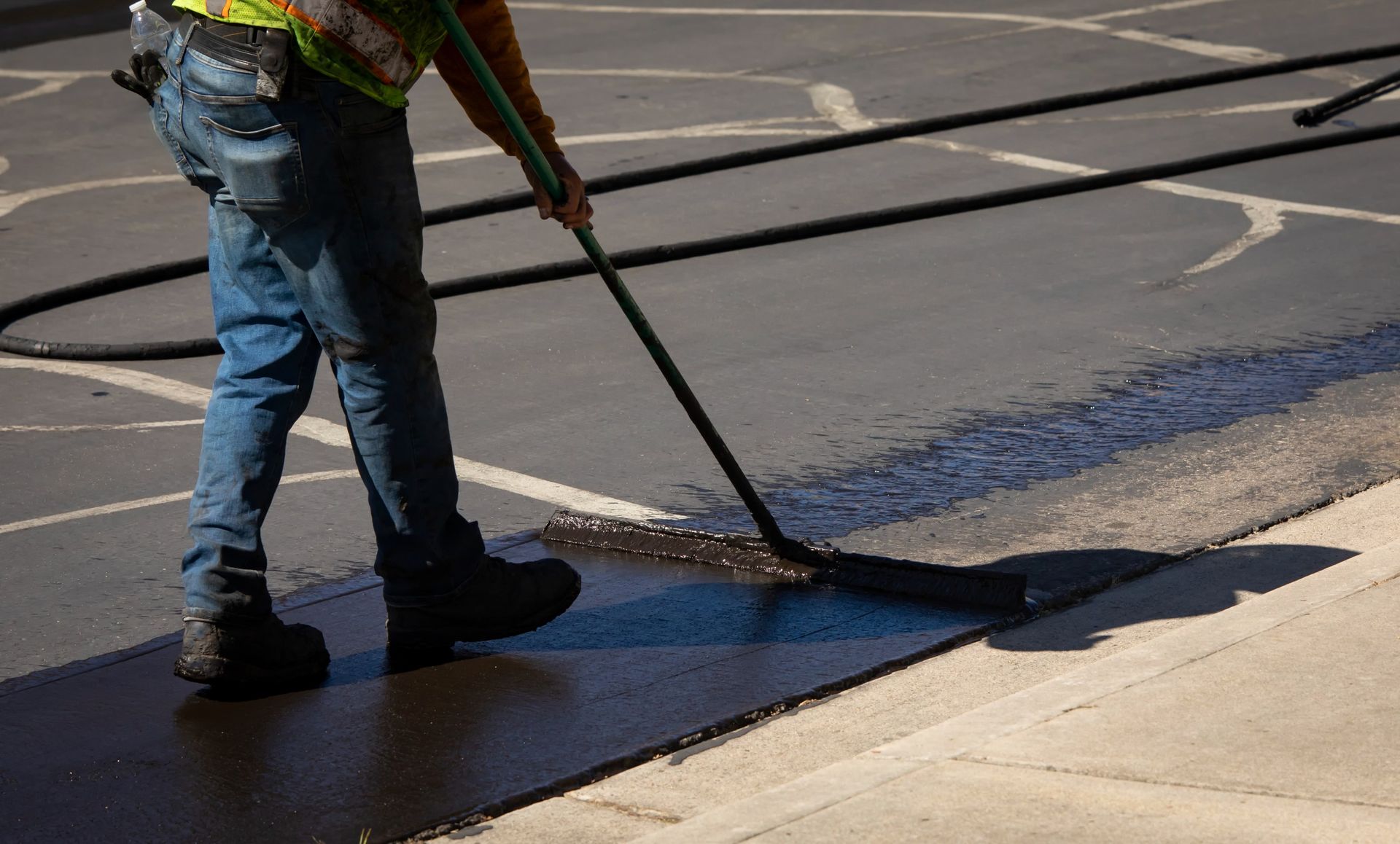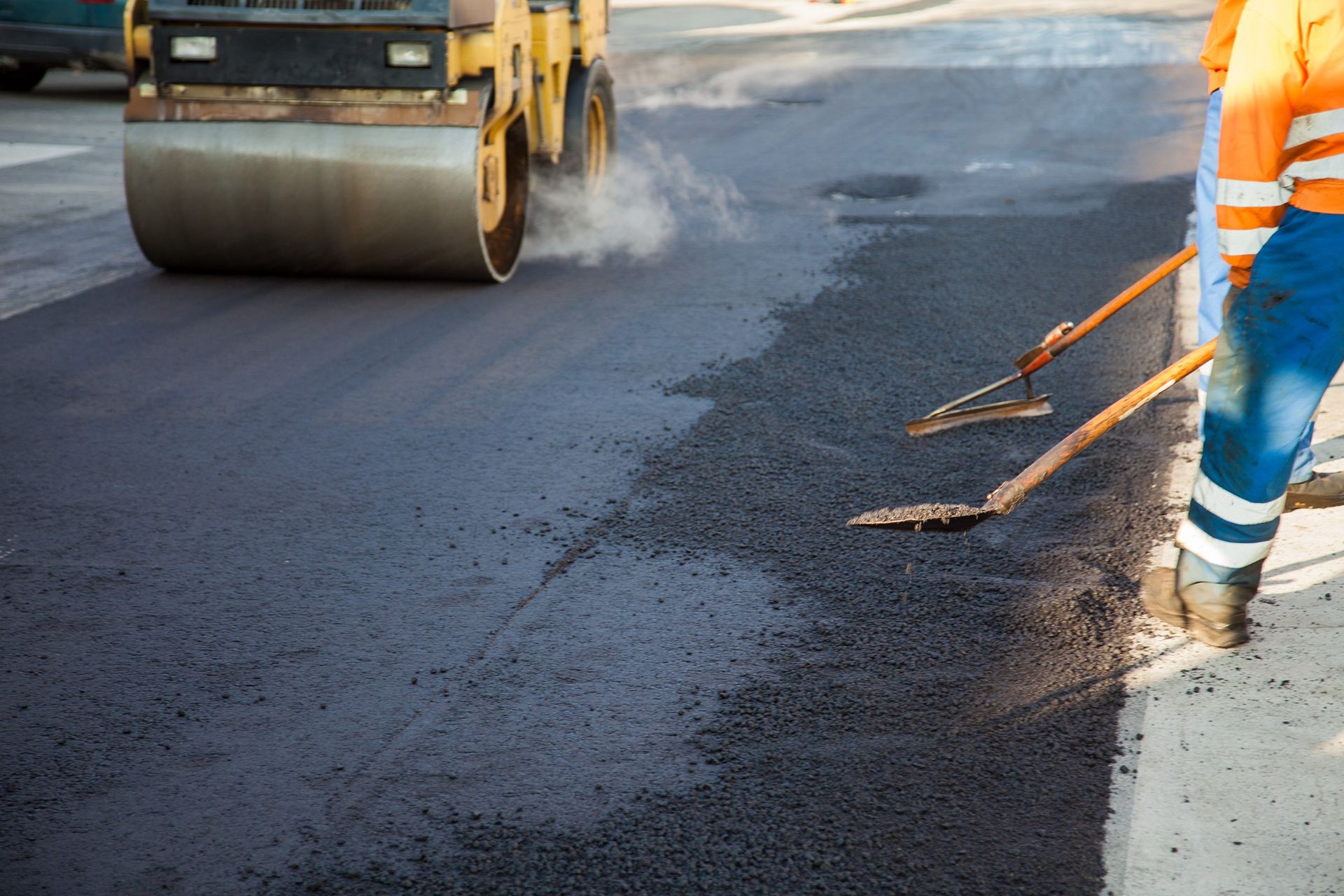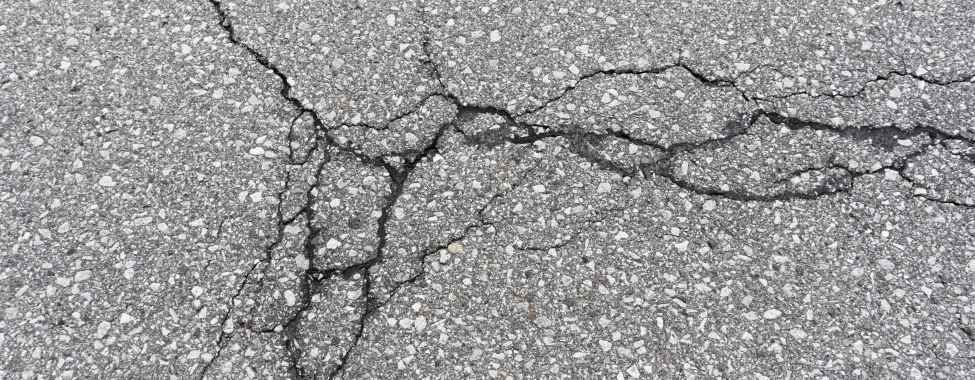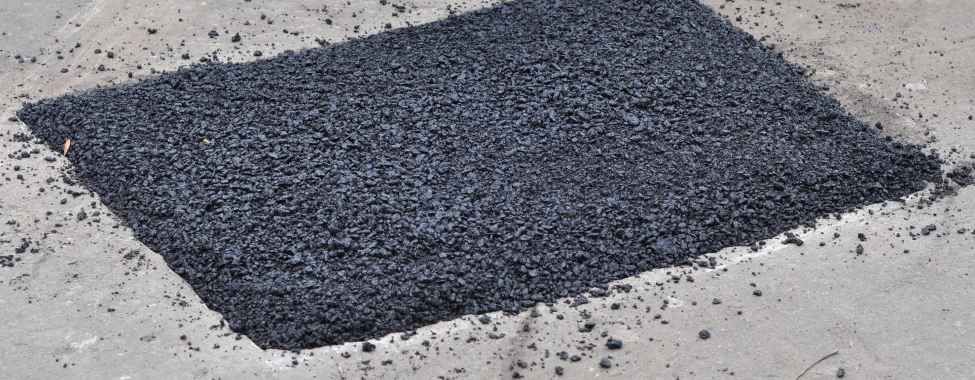Asphalt Crack Repair: Fast & Easy Fixes for a Smooth Driveway
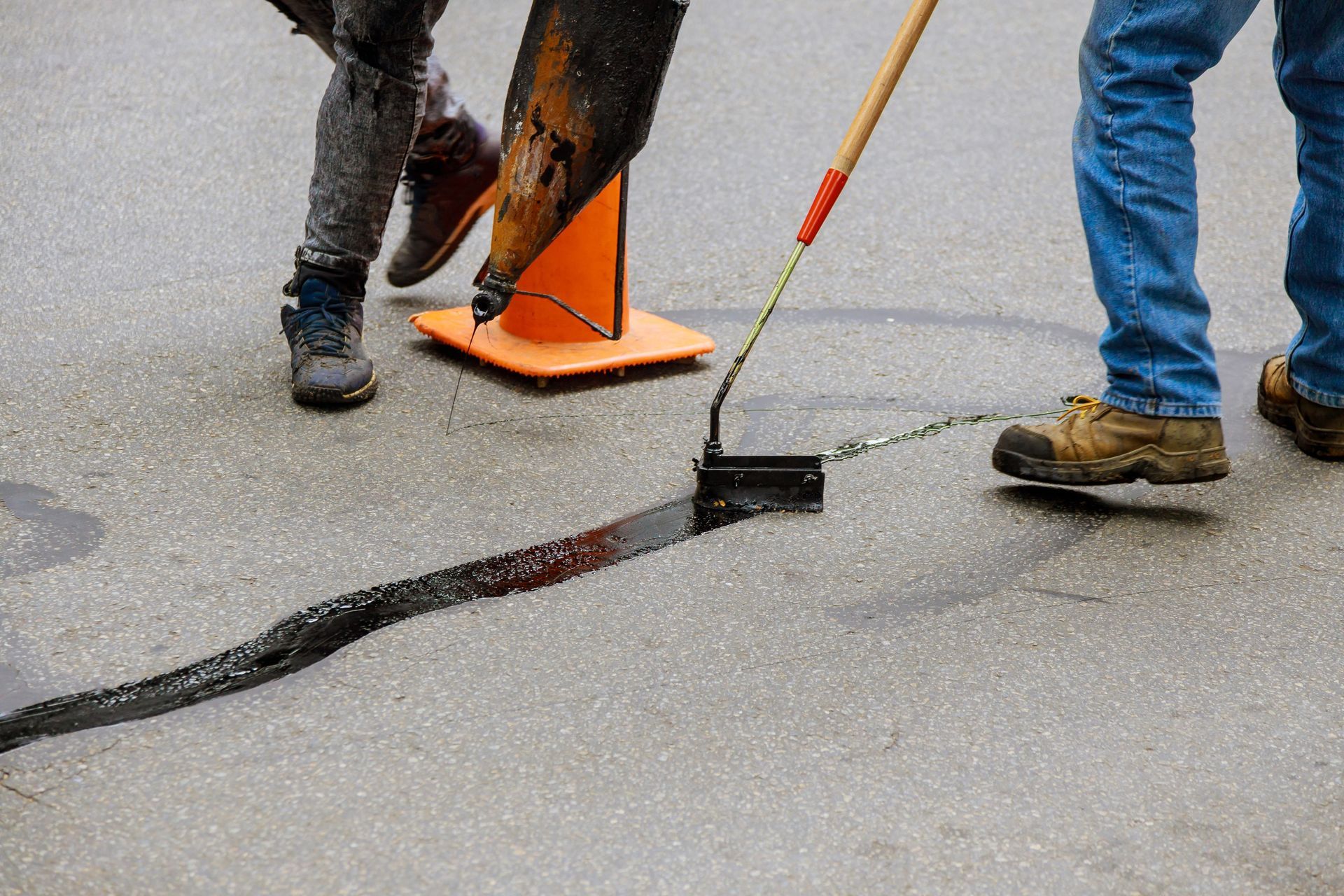
Is the once-pristine surface of your driveway now riddled with unsightly types of asphalt cracks? Fear not! Repairing cracks, including asphalt alligator crack repair, can be a straightforward endeavor that significantly enhances the appearance and structural stability of your driveway. This comprehensive guide will walk you through simple yet effective techniques to mend these blemishes swiftly and restore your driveway to its former glory.
Understanding Asphalt Cracks
To effectively tackle driveway repairs, it's imperative to understand the different types of asphalt cracks and their origins:
Surface Cracks: Often superficial, these are mostly caused by environmental wear and tear—UV radiation and weather changes are typical culprits.
Transverse and Longitudinal Cracks: These cracks run perpendicular or parallel to the driveway's length, commonly resulting from thermal expansion and contraction of the asphalt.
Alligator Cracks: These extensive, interconnected cracks resemble alligator skin and often indicate underlying structural failures, such as poor subbase support or water infiltration.
Identifying the type of crack you are dealing with is crucial, as it helps in selecting the appropriate repair method and materials.
Step-by-Step Repair Process
Follow these detailed steps to efficiently repair your asphalt driveway:
Prepare the Surface: Start by thoroughly cleaning the cracked area with a broom or leaf blower to remove debris. For tougher accumulations, a wire brush is effective. Address oil stains or other stubborn residues with an asphalt cleaner or degreaser to ensure optimal adhesion of the crack filler.
Apply Crack Filler: For best results, opt for a rubberized asphalt-emulsion crack filler. Using a caulking gun, apply the filler deep into the cracks, filling them to prevent future water entry and subsequent damage.
Smooth and Level: Using a trowel or putty knife, smooth over the filled area to level it with the surrounding asphalt. This step not only enhances the driveway's aesthetics but also eliminates tripping hazards.
Curing Process: Allow the crack filler to dry and harden according to the manufacturer’s instructions, which typically suggest a 24 to 48-hour curing time. Keep the area dry and avoid any traffic to ensure the filler sets properly.
Preventative Maintenance Tips
Extend the lifespan of your asphalt driveway and minimize future repairs with these preventative strategies:
Regular Cleaning:
Maintain the cleanliness of your driveway by regularly removing debris and promptly cleaning up chemical spills. This prevents materials from settling and eroding the asphalt.
Sealcoating: Protect your driveway from moisture, UV rays, and chemical penetration by applying a high-quality seal coat every two to three years. Sealcoating also refreshes the surface appearance, keeping it looking new.
Manage Drainage: Ensure that water drains properly away from and off the driveway to prevent undermining the asphalt and causing potholes or cracks. Consider installing drainage solutions if necessary.
Traffic Management: Limit the exposure of your driveway to heavy vehicles. Persistent heavy loads can deform the asphalt. Use plywood panels under heavier vehicles to distribute the weight and minimize damage.
Regular Inspections: Conduct seasonal inspections of your driveway to identify and address minor cracks or erosion early. Early intervention can prevent minor issues from escalating into major repairs.
Prompt Repairs: When cracks appear, address them immediately to prevent water from seeping into the base, which can cause more extensive damage. Quick fixes can save significant repair costs down the line.
Expert Advice:
Consult with a professional if you notice widespread or deep cracking, as this may indicate more serious issues that require professional intervention. Sometimes, more extensive techniques such as patching or complete asphalt overlay may be necessary.
Conclusion
Proactively managing asphalt maintenance ensures that your driveway remains functional and visually appealing for years. Understanding the types of asphalt cracks and employing the right repair techniques are crucial steps in maintaining a smooth driveway. By adhering to these guidelines and implementing regular maintenance practices, you can protect your driveway against the elements and delay costly repaving. Remember, taking prompt action at the first sign of damage is key to minimizing the scope and cost of repairs, ensuring a safe and stable surface for everyday use.
Let’s talk about your project
Request a free quote today.
We are only accepting applications CDL truck drivers at this time.
En este momento solo aceptamos solicitudes para conductores de camiones CDL.
We will get back to you as soon as possible.
Please try again later.

WHERE TO FIND US AREAS WE WERVE
950 N. Villa Ave.
Villa Park, IL 60181
sales@asphaltpavingpro.com
(630) 833-0850
Copyright © 2024 Asphalt Paving Professionals
Website design by Blue Ink Web LLC
